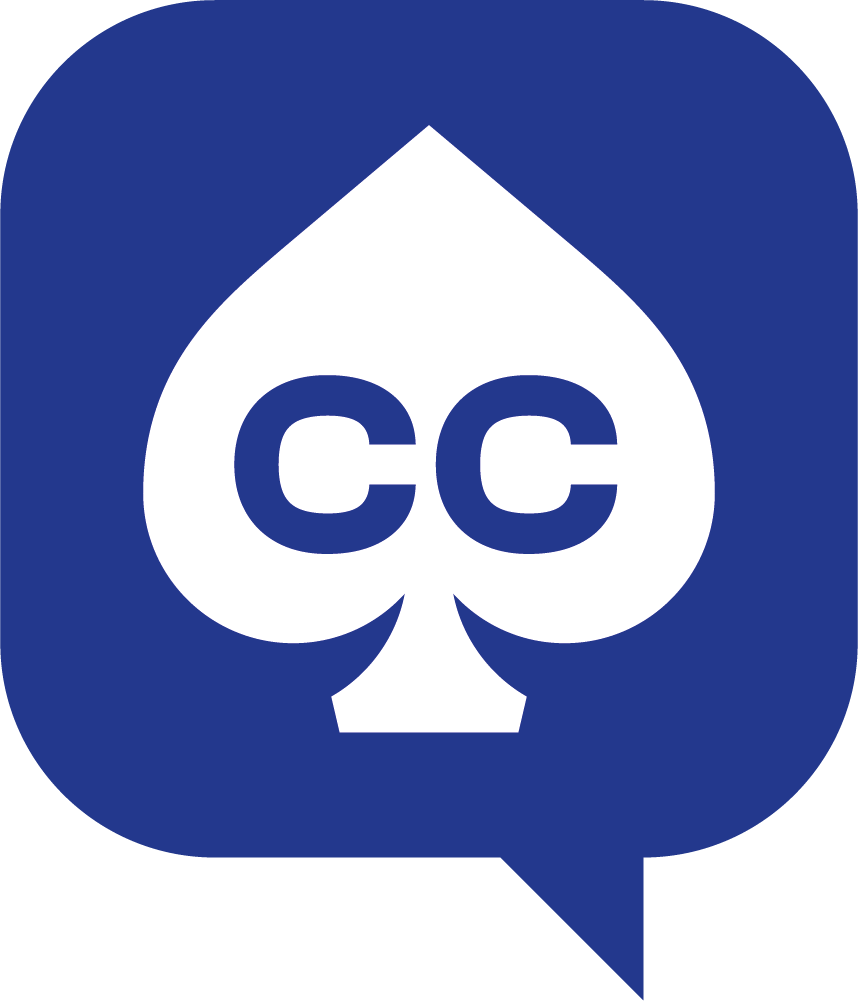Bill_Hollorian
Rock Star
Silver Level
Many major authors make the point that in limit hold'em one should usually call the river, due to the size of the pot and a few other factors. This is actually a very weak river play. Why do they preach tight/ aggressive, but then explain that a call on the river even if you believe you are beat is the correct play? Well, it is safe that's why. By calling a bet at the river, if you are right and your hand is best will win you the pot. If you are wrong it is one more bet. WEAK! This is how they want you to play.
The truth: if your hand is best, you lose a bet because you didnt raise! And if you feel your hand is no good, you are losing a bet, which adds up.
An experiment for all of us. On the river promise to raise or fold. nothing else. The only way someone see your cards is if THEY call you!
This forces you to really engage the game. You must know by the river if you are beat. Don't play like they want you to.
Bill
The truth: if your hand is best, you lose a bet because you didnt raise! And if you feel your hand is no good, you are losing a bet, which adds up.
An experiment for all of us. On the river promise to raise or fold. nothing else. The only way someone see your cards is if THEY call you!
This forces you to really engage the game. You must know by the river if you are beat. Don't play like they want you to.
Bill

